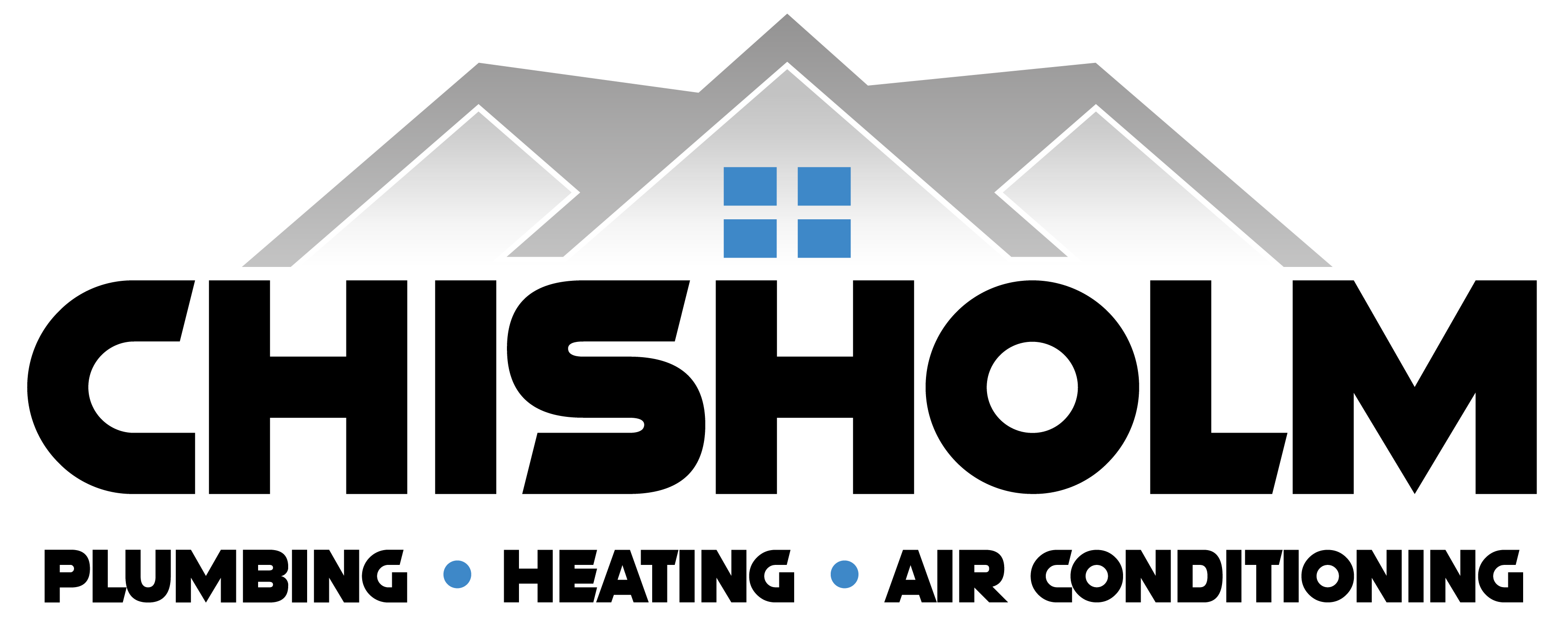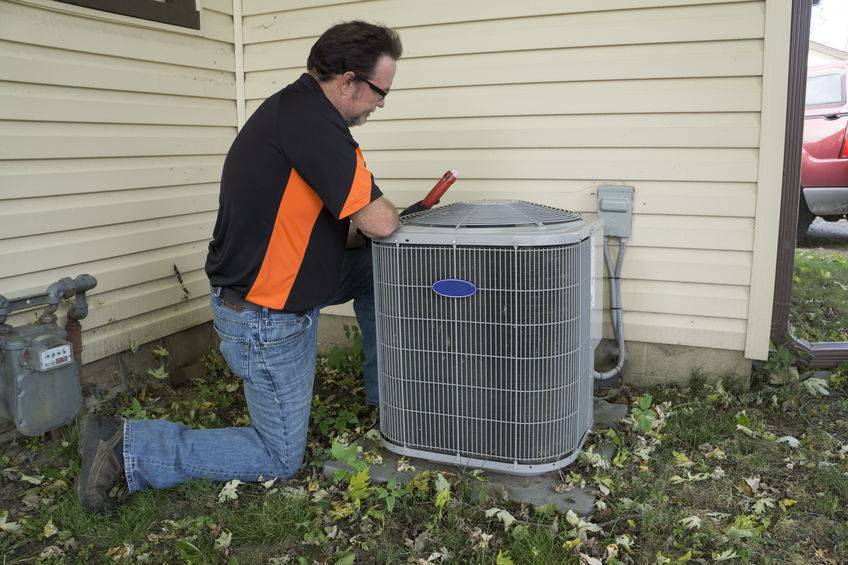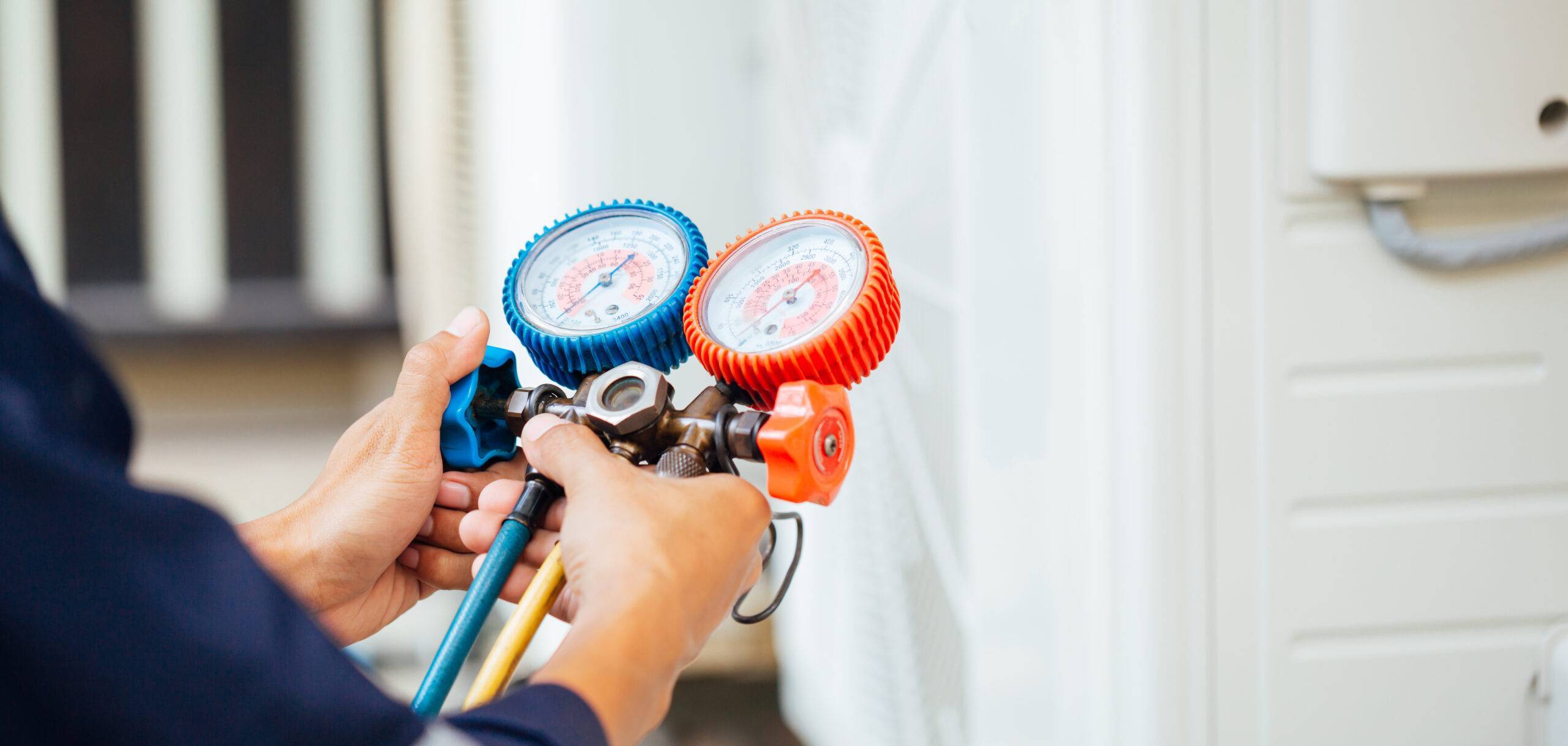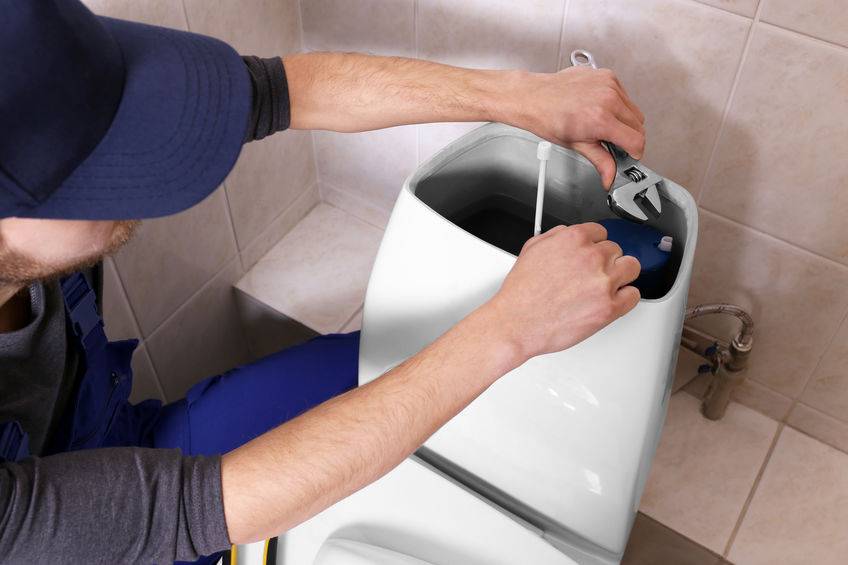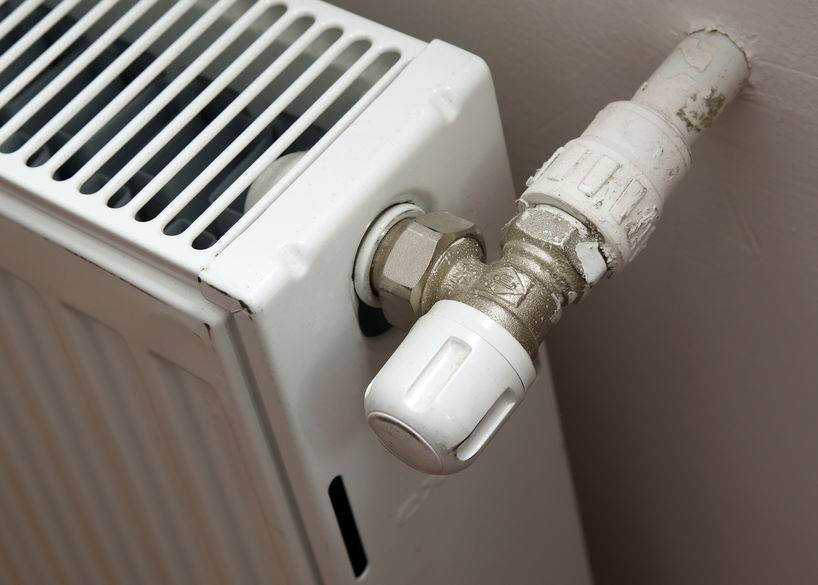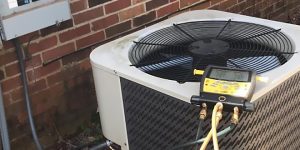
As the cold winter months approach, many homeowners are looking for ways to keep their homes warm without driving up energy costs. Improving your home’s heating efficiency is not only about reducing bills but also about making sure your heating system operates at its best. From routine maintenance to small changes in your daily habits, you can significantly enhance your heating efficiency. This blog will cover simple, actionable tips to help you stay cozy while minimizing energy consumption.
Table of Contents
| Section | Overview |
| Why Heating Efficiency Matters | Discusses the benefits of improving your heating efficiency, including lower energy costs and a more comfortable home. |
| Routine Maintenance: The Foundation of Efficient Heating | Highlights the importance of regular heating system maintenance and inspections. |
| Small Changes for Big Efficiency Gains | Simple tips like adjusting your thermostat, sealing leaks, and using curtains to improve heating efficiency. |
| Heating Efficiency Data: Maintenance vs. No Maintenance | A table comparing the efficiency and cost savings of maintaining your heating system versus neglecting it. |
| Fun Facts About Heating Systems and Efficiency | Interesting facts about heating systems, efficiency, and how energy use has evolved. |
| FAQ: Common Questions About Improving Heating Efficiency | Answers common questions about how to make your home’s heating system more efficient. |
| How Chisholm Can Help You Stay Warm and Efficient This Winter | Information about Chisholm’s heating services and how they can help improve your heating system’s efficiency. |
Glossary of Terms
- AFUE (Annual Fuel Utilization Efficiency): A measure of how efficiently a furnace or boiler uses fuel.
- Thermostat: A device that regulates the temperature of a space by controlling the heating system.
- Ductwork: The system of ducts that distribute heated air throughout the home.
- Insulation: Material used to reduce the loss of heat from your home.
- Zoned Heating: A system that allows you to control the temperature in different areas of your home independently.
Why Heating Efficiency Matters
Improving your home’s heating efficiency has several key benefits. First, it leads to lower energy bills, which is something all homeowners appreciate during the cold winter months when heating costs can skyrocket. Second, efficient heating systems provide more consistent warmth, meaning fewer cold spots and a more comfortable living environment.
- Lower Energy Bills: The U.S. Department of Energy estimates that heating accounts for nearly 50% of the average home’s energy use in winter. Improving efficiency helps reduce energy waste and lowers your utility bills.
- Environmentally Friendly: Using less energy to heat your home reduces your carbon footprint, making it a more eco-friendly approach to keeping warm.
- Longer System Life: An efficient heating system doesn’t have to work as hard, which means less wear and tear on the system and a longer lifespan for your furnace or heat pump.
Whether your system is old or new, you can improve its efficiency with a few simple strategies.
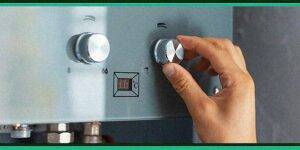
Routine Maintenance: The Foundation of Efficient Heating
The most critical step in improving your home’s heating efficiency is ensuring your system receives regular maintenance. Routine check-ups can prevent small issues from turning into major problems and ensure that your furnace or heat pump is running at peak performance. Here are a few maintenance tasks that should be performed regularly:
- Annual Heating System Inspection
Having your heating system inspected by a professional once a year is key to keeping it efficient. A technician can spot potential issues, clean components, and ensure that everything is operating as it should. If you haven’t had your system inspected recently, it may be time to consider Chisholm’s heating maintenance services. - Filter Replacement
Dirty or clogged filters reduce airflow, forcing your system to work harder to maintain the desired temperature. Filters should be checked and replaced monthly during the winter to ensure maximum efficiency. - Ductwork Inspection
Leaky ducts can reduce heating efficiency by up to 30%. Sealing and insulating your ductwork can prevent heat loss and ensure that warm air is distributed evenly throughout your home. - Thermostat Calibration
Ensure your thermostat is properly calibrated so that it accurately reflects the temperature in your home. An incorrectly calibrated thermostat can lead to inefficient heating and unnecessary energy use.
For professional heating repairs and maintenance, consider scheduling an appointment with Chisholm’s repair team.
Small Changes for Big Efficiency Gains
There are several simple, low-cost changes you can make to improve your home’s heating efficiency without replacing your entire system. Here are some easy ways to get started:
- Adjust Your Thermostat
Lowering your thermostat by just a few degrees can have a big impact on your energy consumption. A good rule of thumb is to set it to 68°F during the day and lower it by 7–10 degrees at night or when you’re not home. - Use Curtains Wisely
Open curtains on south-facing windows during the day to let in the sun’s natural warmth, and close them at night to trap heat inside. - Seal Gaps and Cracks
Heat can escape through gaps around doors, windows, and even electrical outlets. Use weatherstripping or caulk to seal these areas and prevent heat loss. - Reverse Ceiling Fans
During the winter, ceiling fans should rotate clockwise to push warm air that rises to the ceiling back down into the living space. - Insulate Your Home
Adding or improving insulation in your attic, walls, and floors can significantly reduce heat loss, keeping your home warmer and reducing the workload on your heating system.
Heating Efficiency Data: Maintenance vs. No Maintenance
| Factor | Regular Maintenance | No Maintenance |
| Energy Efficiency | 10–15% higher efficiency | Decreased efficiency due to wear and tear |
| Heating System Lifespan | 15–20 years | 10–15 years, with a higher likelihood of breakdowns |
| Risk of Emergency Repairs | Lower due to early problem detection | Higher, with an increased chance of breakdowns in winter |
| Annual Heating Costs | Lower due to optimal performance | Higher due to system inefficiencies |
| Air Quality | Better, as filters and components are clean | Worse, with increased dust and allergens |
As this table shows, maintaining your heating system regularly can result in lower costs, better efficiency, and a longer lifespan for your system.
Fun Facts About Heating Systems and Efficiency
- Ancient Heating: The first known central heating system was used by the Romans around 100 BC. They used a system called “hypocausts,” where hot air flowed beneath floors and through walls.
- Energy Savings: According to the Department of Energy, programmable thermostats can save homeowners about 10% a year on heating and cooling costs.
- Variable Speed Furnaces: Modern variable-speed furnaces adjust airflow to match your home’s heating needs, resulting in both better comfort and increased energy efficiency.
- Solar Heat: Utilizing passive solar heating by opening curtains during the day can help reduce the amount of energy your furnace uses.
- Zoning Systems: Some modern heating systems allow you to “zone” your home, so you only heat the rooms you use, increasing energy efficiency and comfort.
FAQ: Common Questions About Improving Heating Efficiency
- How often should I change my heating system’s filter?
It’s recommended to check your filter monthly and replace it at least every 3 months. During high-use periods, such as winter, monthly replacement is ideal for maintaining efficiency. - Is upgrading to a programmable thermostat worth it?
Yes! A programmable thermostat allows you to automatically adjust your home’s temperature based on your schedule, saving energy when you’re not home or asleep. - How can I tell if my ductwork needs to be sealed?
If some rooms are warmer or cooler than others, or you notice an increase in dust or rising energy bills, your ductwork might be leaking. A professional inspection can confirm this. - What temperature should I set my thermostat in the winter for maximum efficiency?
Set your thermostat to 68°F during the day when you’re home, and lower it by 7–10 degrees at night or when you’re away for optimal savings. - Can insulating my home really make a difference in heating costs?
Yes! Proper insulation can reduce heating and cooling costs by up to 20%, depending on your home’s current insulation levels.

How Chisholm Can Help You Stay Warm and Efficient This Winter
At Chisholm Plumbing, Heating & Air Conditioning, we’re here to help you improve your home’s heating efficiency this winter. Whether you need a heating system repair, a tune-up, or advice on how to make your home more energy-efficient, our experienced technicians have you covered. Don’t wait until your system is struggling to keep up with the cold—schedule an inspection or maintenance appointment today.
Contact us to keep your home warm and your energy bills low this winter.
